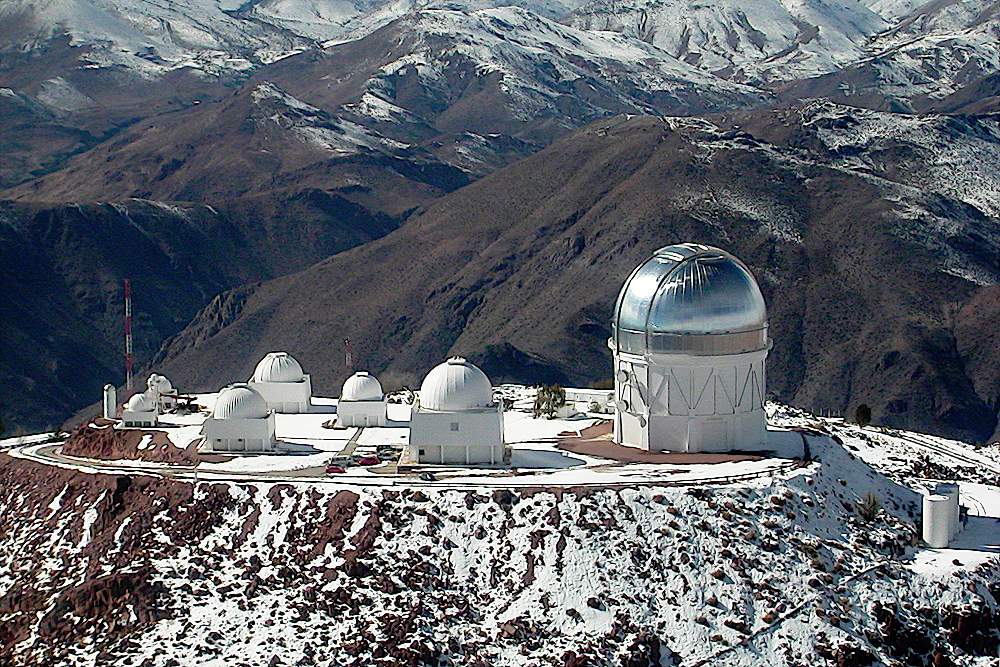
"How big is the Universe?"
It's a question almost every parent hears from their children as they grow up.
For a lucky few young people, that kind of curiosity can turn into a career — and two inquisitive scientists from the University of Sussex have recently used their first steps in a career in astronomy to help answer the question.
Postgraduate researchers Reese Wilkinson and David Turner are among astronomers from across the world who've lately catalogued almost 700 million new astronomical objects in the Dark Energy Survey.
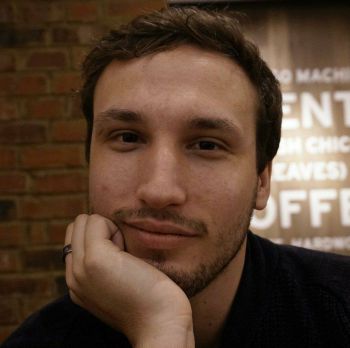
The things they've spotted include stars, planets, moons, asteroids and comets.
Along with the university's Professor Kathy Rober at the Cerro Tololo observatory on a mountain in Chile, they've helped make it the most detailed survey ever taken of the dark sky.
This month, scientists on the Dark Energy Survey have released a new catalogue of nearly 700 million astronomical objects.
This is in addition to the 400 million objects they catalogued previously, released in 2018.
Reese, a postgraduate researcher in astronomy in the School of Mathematical and Physical Sciences at the University of Sussex, said:
“Studying at Sussex gave me the opportunity to observe at the Cerro Tololo observatory for the Dark Energy Survey three times.
"That place should be up there with the great wonders of this world.
“In my trips to the mountain, I have had the opportunity to learn more about the exciting science not only performed by the Dark Energy Survey but also the engineering and technology to build the telescope.”
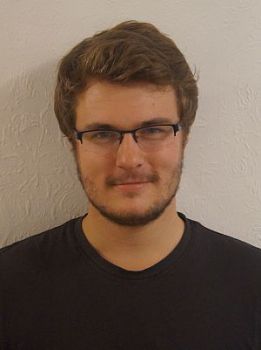
David Turner, a postgraduate researcher in astronomy in the School of Mathematical and Physical Sciences at the University of Sussex, added:
“Observing for the Dark Energy Survey at the Cerro Tololo observatory in Chile was one of the best experiences of my life.
"And I would definitely count that mountaintop among my favourite places in the world, because of its beauty and the amazing science that has happened there.
“The first time I walked back down to the accommodation at 6am after the first full night observing the sky was surreal; seeing the incredible scenery through this haze of tiredness made it even more striking.”
Professor Kathy Romer from the School of Mathematical and Physical Sciences at the University of Sussex said:
“I’m so proud of David and Reese — I’ve known them both since they were freshers at Sussex.
"Not only did they travel all the way to South America to play their part in the data collection for DES, they are now making significant contributions at the cutting edge of cosmological research through their PhD work.”
The ultimate goal of the Dark Energy Survey is to better understand the accelerating expansion of the universe and the strange phenomenon of dark energy which is thought to cause the expansion.
Discoveries from the survey are helping scientists to understand the mysterious nature of dark energy and dark matter.
The universities of Cambridge, Edinburgh, Manchester, Nottingham, Southampton, Sussex and Portsmouth, and University College London are part of the international collaboration.
A 570-megapixel digital camera is the main tool of the survey, and includes five precisely shaped lenses.
Researchers from around the world can access this novel data and use it to make new discoveries about the universe.


 Event Bookings Go Live For Worthing Festival ‘24
Event Bookings Go Live For Worthing Festival ‘24
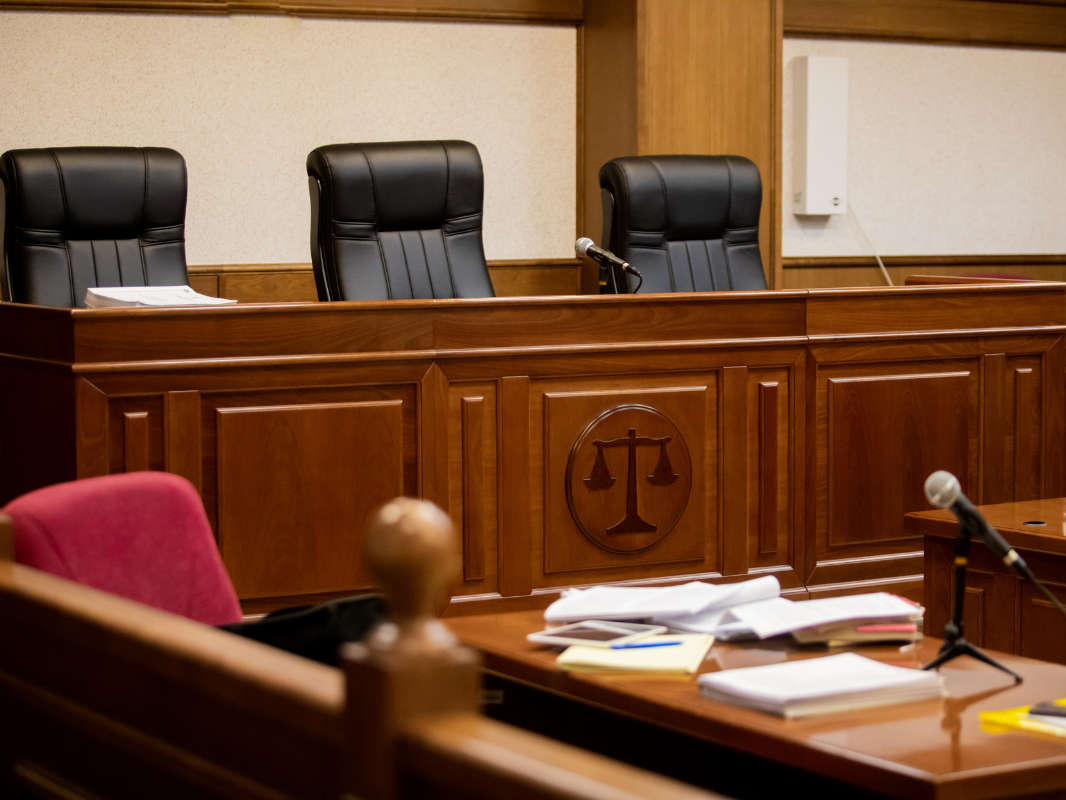 Man Charged After Throwing Brick Through Brighton Restaurant Window
Man Charged After Throwing Brick Through Brighton Restaurant Window
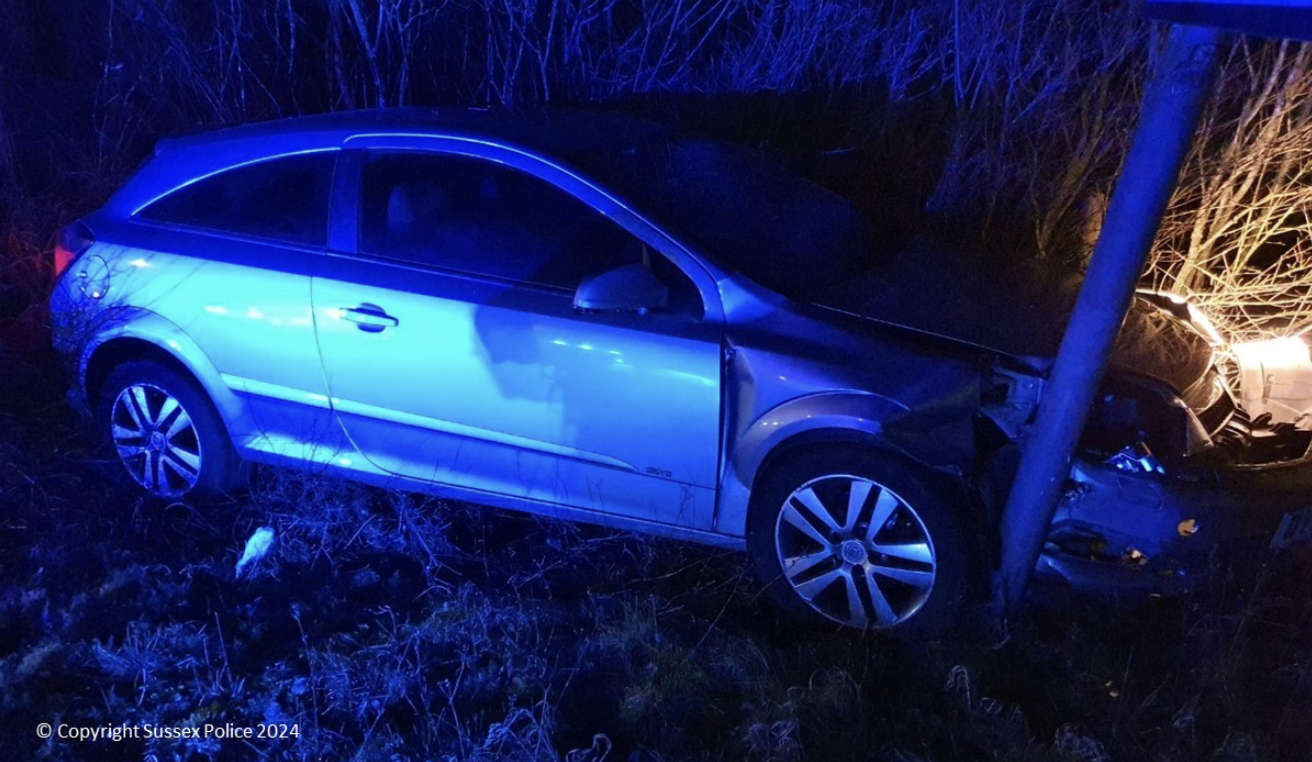 Peacehaven Man Disqualified Over High-Speed A27 Pursuit Near Brighton
Peacehaven Man Disqualified Over High-Speed A27 Pursuit Near Brighton
 Appeal After PCSO Assaulted In Uckfield
Appeal After PCSO Assaulted In Uckfield
 Man Charged With Rape Of Teenage Girl In Newhaven
Man Charged With Rape Of Teenage Girl In Newhaven
 Overnight Closures For A22 Forest Row Road Improvements
Overnight Closures For A22 Forest Row Road Improvements
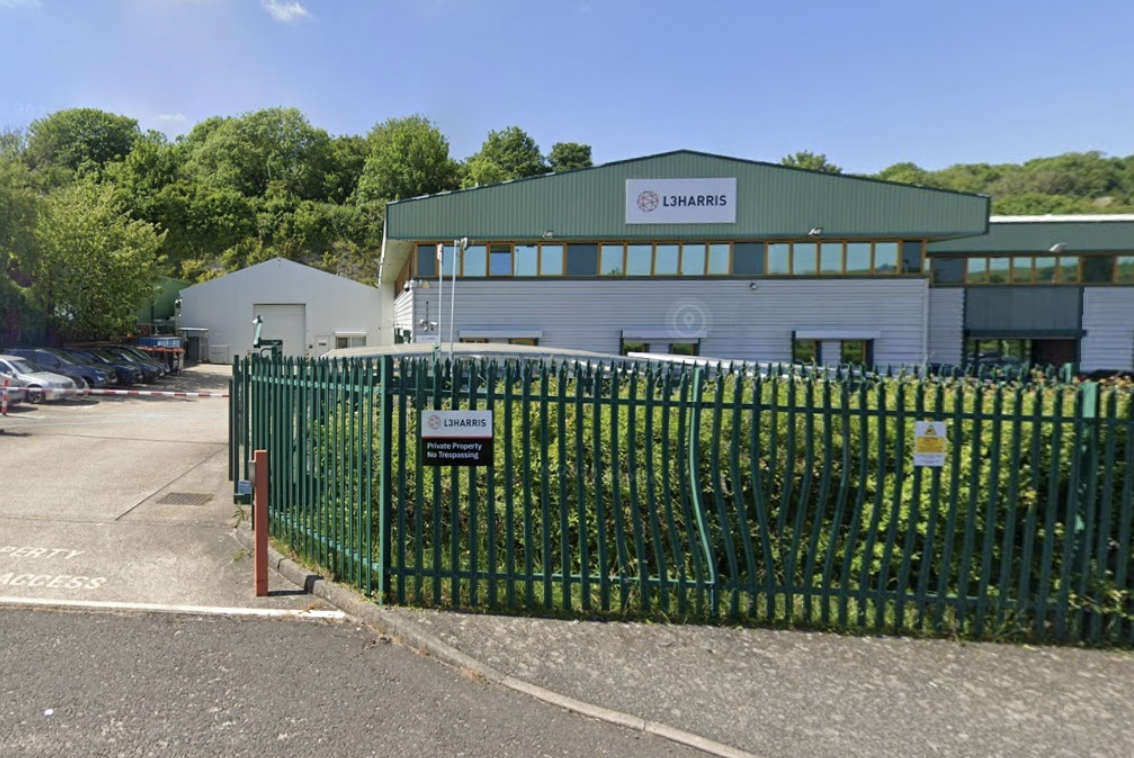 Brighton Defence Manufacturer's Controversial Planning Application Likely To Be Heard
Brighton Defence Manufacturer's Controversial Planning Application Likely To Be Heard
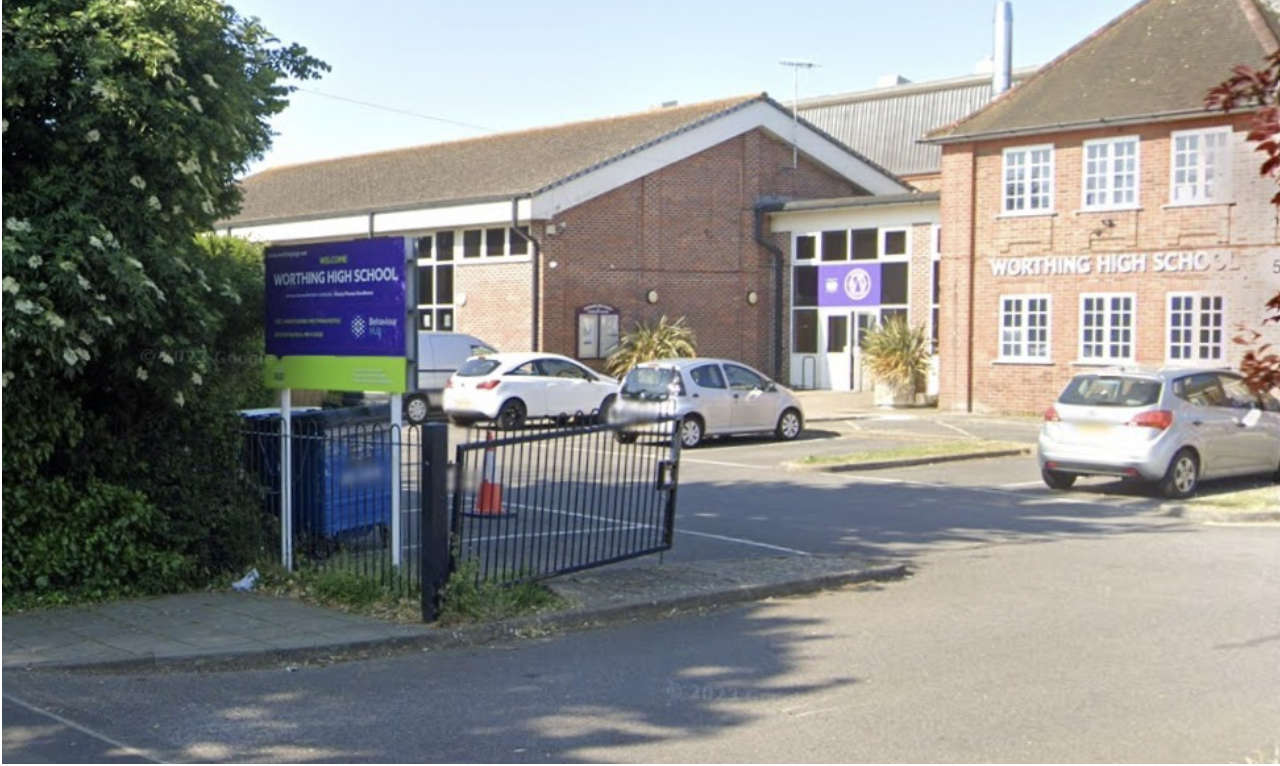 Over £2.4m Approved For Worthing School Support Centre
Over £2.4m Approved For Worthing School Support Centre
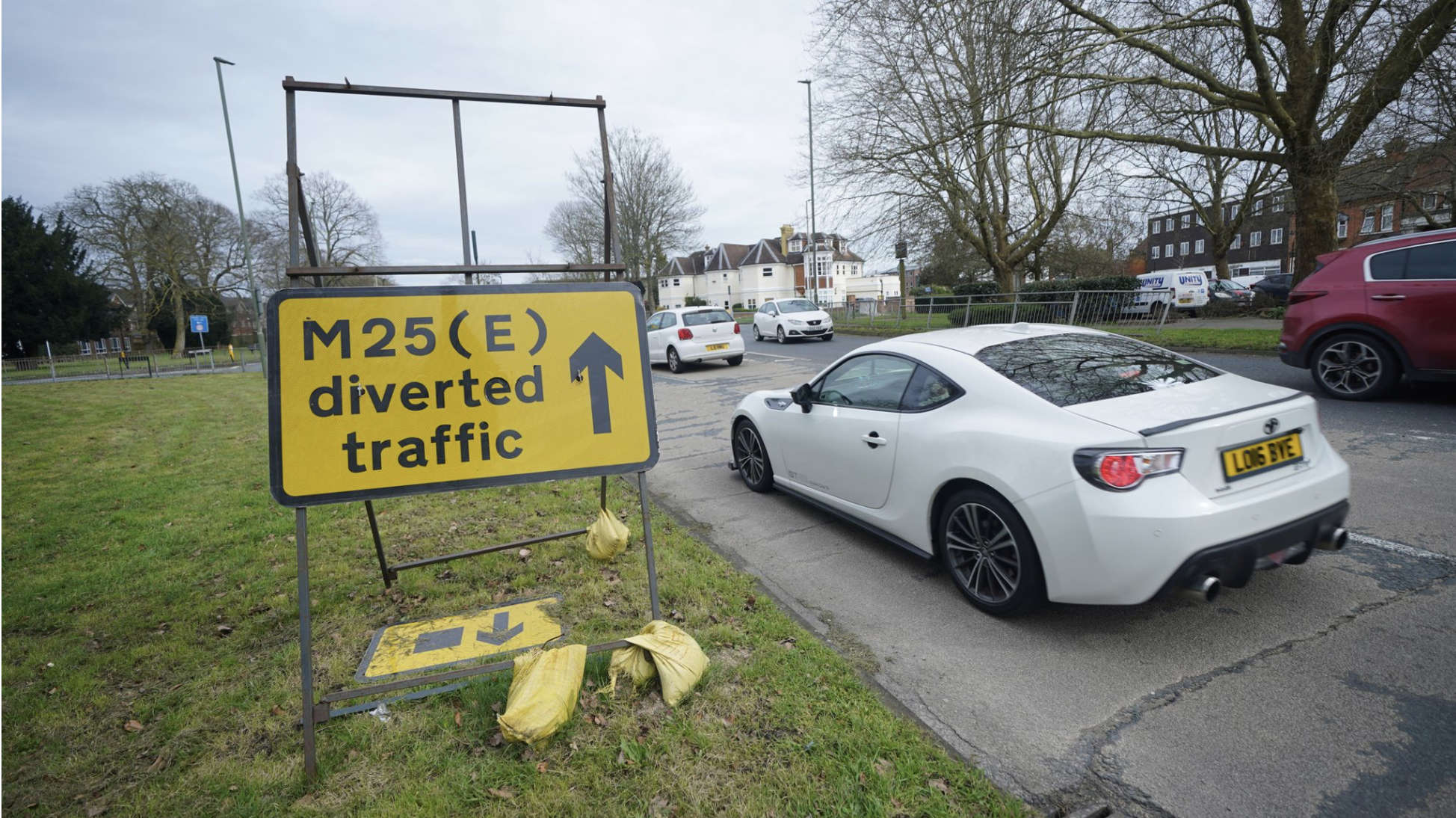 Section Of M25 To Close Again Tonight - As Drivers Warned Not To Get Complacent
Section Of M25 To Close Again Tonight - As Drivers Warned Not To Get Complacent
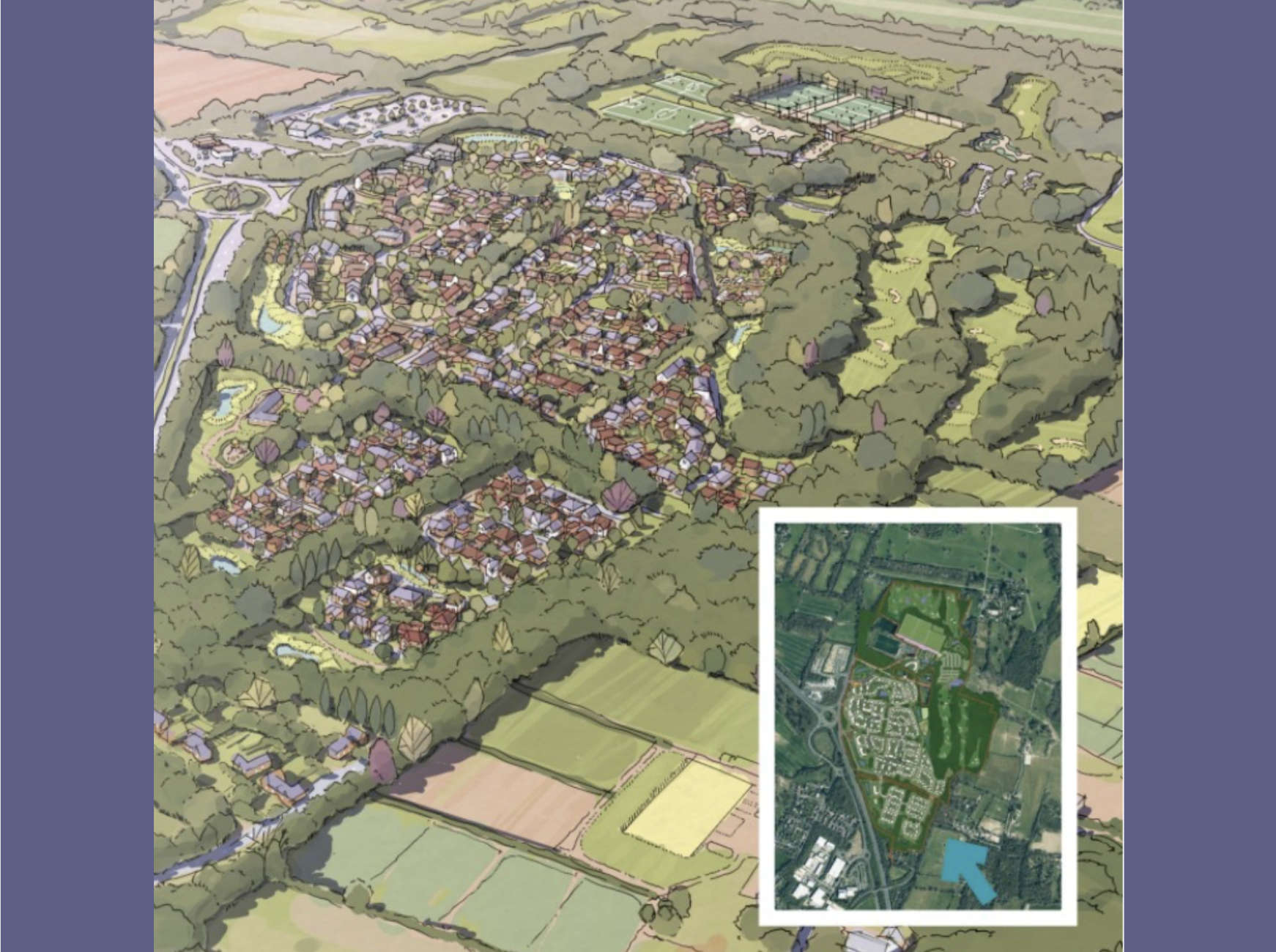 Plans For 800 New Horsham Homes Refused
Plans For 800 New Horsham Homes Refused